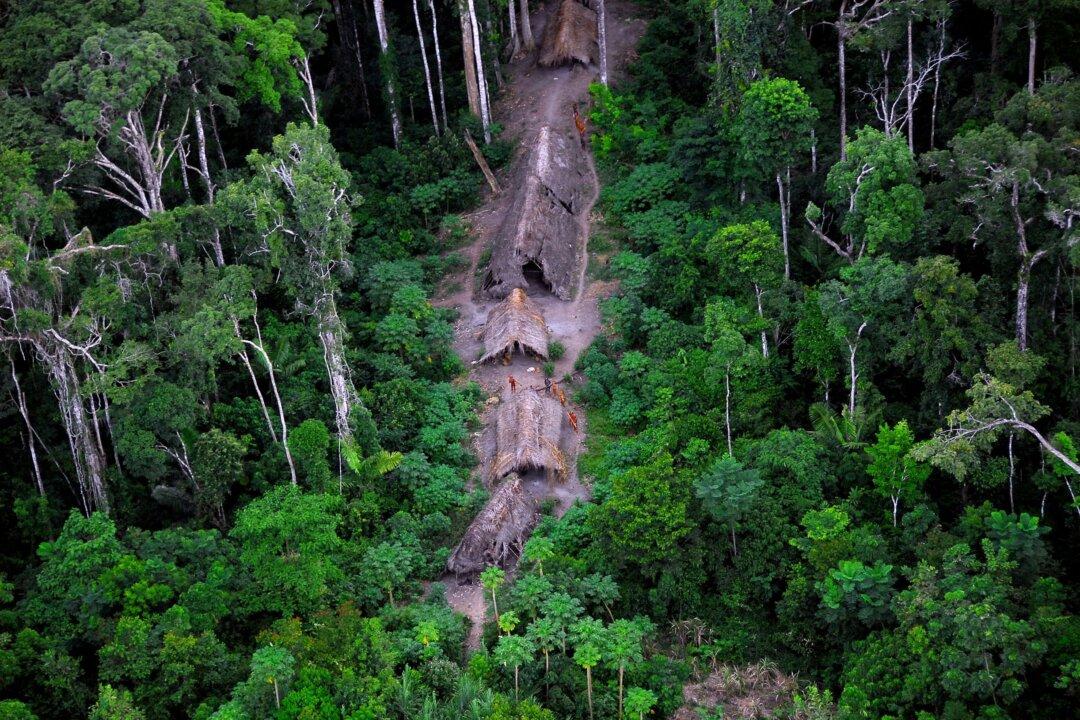PORTO ALEGRE, Brazil—There is a natural symbiosis between humans and nature—and this connection is even stronger between indigenous people and their land. In 1988, after centuries of massacres and harmful policies, the federal Constitution granted Brazilian indigenous peoples rights over their traditional lands.
Some of these territories are granted to tribes that, by option or circumstances, have no contact with the outside world. However, violations of their rights are on the rise.

